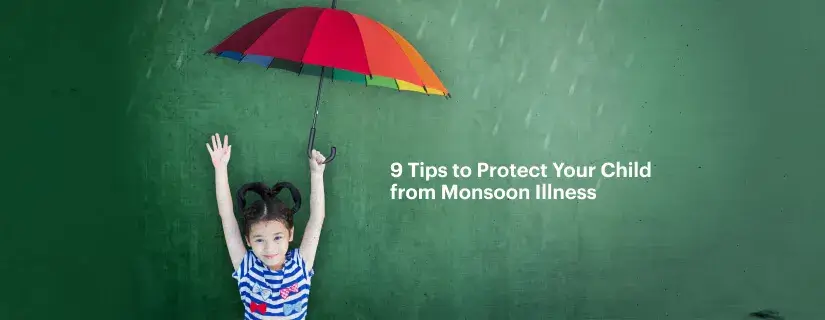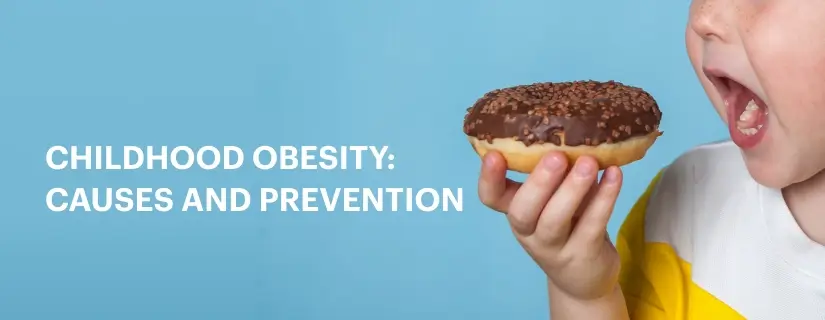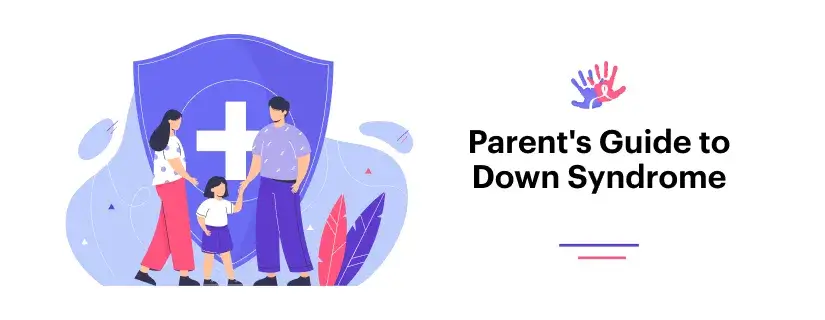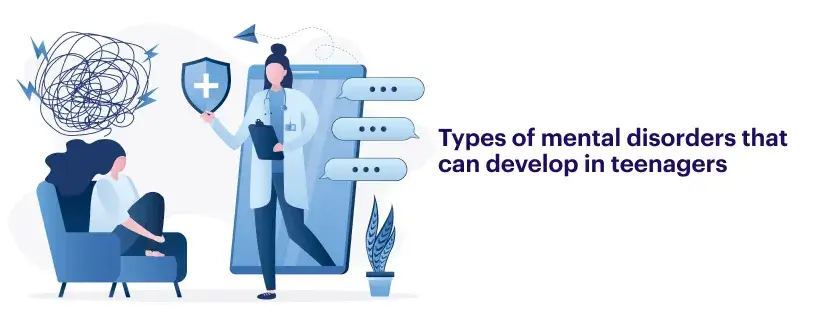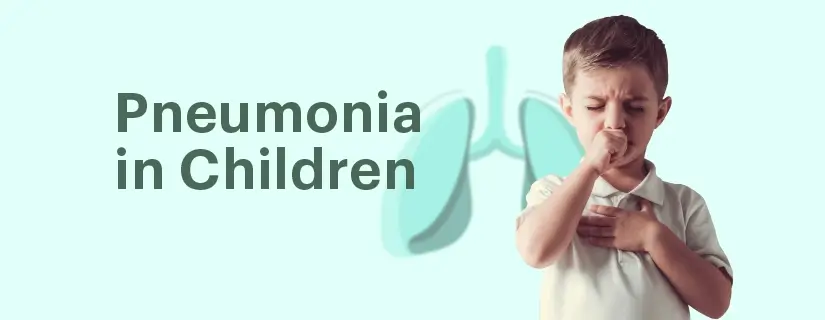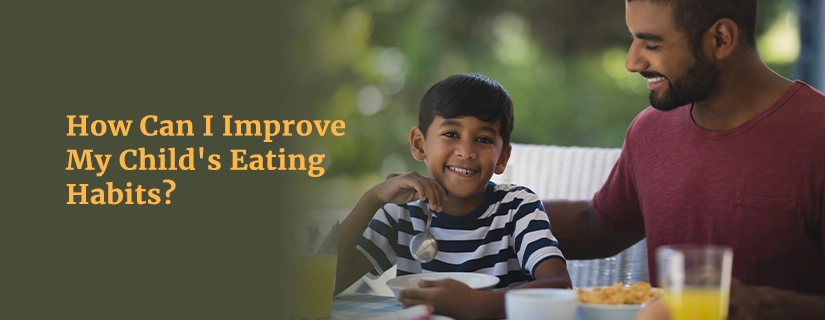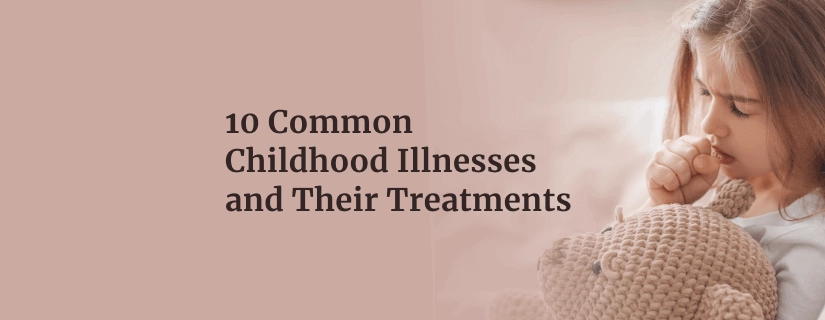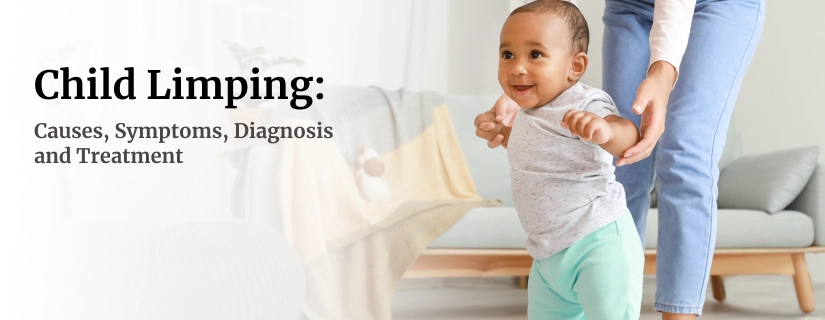-
Doctors
-
Specialities & Treatments
Centre of Excellence
Specialties
Treatments and Procedures
Hospitals & Directions HyderabadCARE Hospitals, Banjara Hills CARE Outpatient Centre, Banjara Hills CARE Hospitals, HITEC City CARE Hospitals, Nampally Gurunanak CARE Hospitals, Musheerabad CARE Hospitals Outpatient Centre, HITEC City CARE Hospitals, Malakpet
HyderabadCARE Hospitals, Banjara Hills CARE Outpatient Centre, Banjara Hills CARE Hospitals, HITEC City CARE Hospitals, Nampally Gurunanak CARE Hospitals, Musheerabad CARE Hospitals Outpatient Centre, HITEC City CARE Hospitals, Malakpet Raipur
Raipur
 Bhubaneswar
Bhubaneswar Visakhapatnam
Visakhapatnam
 Nagpur
Nagpur
 Indore
Indore
 Chh. Sambhajinagar
Chh. SambhajinagarClinics & Medical Centers
Book an AppointmentContact Us
Online Lab Reports
Book an Appointment
Consult Super-Specialist Doctors at CARE Hospitals
Constipation in Children: Symptoms, Causes, Treatment and Home Remedies
Updated on 22 October 2024
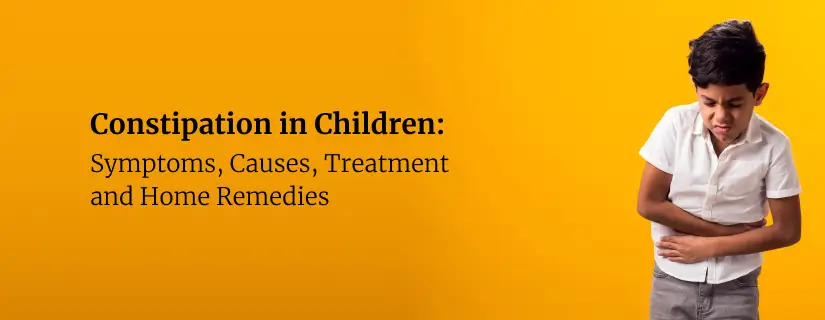
Constipation is among the most prevalent gastrointestinal issues that affect many children. It can be a source of discomfort, distress, and even long-term health concerns if not adequately addressed. As a parent, understanding the symptoms, causes, and management of constipation in children is crucial to ensure your child's well-being. This blog will delve into expert tips and strategies for recognising, treating, and preventing constipation in children.

Constipation Symptoms in Children
Constipation in children can manifest in various ways, and parents need to be aware of the telltale signs. Some of the common constipation symptoms are:
- Infrequent bowel movements (less than three times per week)
- Hard, dry, or difficult-to-pass stools
- Abdominal pain or discomfort
- Bloating or a feeling of fullness
- Decreased appetite or loss of appetite
- Irritability or mood changes
- Soiling or leakage of stool
- Difficulty or straining during bowel movements
Causes of Constipation in Children
Constipation in children can be attributed to a variety of factors, including:
- Dietary Factors:
- Inadequate intake of fibre-rich foods, such as fruits, vegetables, and whole grains
- Insufficient fluid intake
- Excessive consumption of processed or high-fat foods
- Physiological Factors:
- Delayed or slow transit of stool through the digestive system
- Pelvic floor dysfunction or weakened abdominal muscles
- Hormonal imbalances
- Behavioural Factors:
- Ignoring the urge to pass stools
- Holding in stools due to fear of pain or discomfort
- Disruption in routine or changes in the environment
- Medical Conditions:
- Certain medications (e.g., antidepressants, iron supplements)
- Neurological or endocrine disorders (e.g., hypothyroidism)
- Structural abnormalities in the digestive system
Risk Factors
Several factors can increase the risk of constipation in children, including:
- Age: Infants and toddlers are more susceptible to constipation due to the development of their digestive system.
- Diet: A low-fibre diet, high-processed diet, or high-fat foods can contribute to constipation.
- Toilet Training: The stress and anxiety associated with toilet training can lead to withholding stools
- Genetics: Some children may have a genetic predisposition to constipation.
Complications
If left untreated, constipation in children can lead to several complications, including:
- Faecal Impaction: The accumulation of hard, dry stool in the rectum can cause a blockage, leading to further complications.
- Abdominal Pain and Bloating: The buildup of stool can cause pain, discomfort, and fullness in the abdomen.
- Urinary Tract Infections: Constipation can pressurise the bladder, increasing the risk of urinary tract infections.
- Rectal Prolapse: In severe cases, the rectum may protrude through the anus due to straining during bowel movements.
- Emotional and Behavioural Issues: Chronic constipation in children can lead to feelings of embarrassment, low self-esteem, and behavioural problems in children.
Diagnosis of Constipation in Children
Diagnosing constipation in children typically involves a combination of the following:
- Medical History: Your child's doctor will ask about your child's bowel habits, dietary intake, and any underlying medical conditions.
- Physical Examination: The doctor will conduct an in-depth physical test, including a rectal exam, to check for abnormalities or impacted stool.
- Diagnostic Tests: Depending on the severity of the constipation, the paediatrician may recommend additional tests, such as abdominal X-rays, anorectal manometry, or colonic transit studies, to rule out any underlying medical conditions.
Treatment for Constipation in Children
The constipation in children treatment typically involves a multifaceted approach, which may include:
- Dietary Changes:
- Increasing the intake of fibre-rich food products, such as fruits, vegetables, and whole grains
- Encouraging adequate fluid intake to keep stools soft and easy to pass
- Limiting or avoiding high-fat and processed foods
- Medication:
- Laxatives or stool softeners to help soften and regulate bowel movements
- Enemas or suppositories, in more severe cases, to help clear impacted stool
- Behavioural Interventions:
- Establishing a consistent toilet routine and encouraging regular bowel movements
- Teaching relaxation techniques to help with bowel movements
- Addressing any psychological or emotional factors contributing to constipation
- Physical Therapy:
- Pelvic floor rehabilitation to improve muscle tone and coordination
- Biofeedback therapy to help children learn to relax and coordinate their bowel movements
When to See a Doctor
It's essential to consult a paediatrician if:
- Your child is having persistent or severe constipation.
- Your child has not had a bowel movement in more than three days.
- Your child is facing severe abdominal pain, vomiting, or fever.
- Your child is experiencing rectal bleeding or blood in the stool.
- Your child shows signs of faecal impaction, such as a large, hard stool that cannot be passed.
- Your child's constipation is not improving with dietary and lifestyle changes.
Home Remedies for Constipation in Children
In addition to the recommended medical treatments, there are several home remedies that can help alleviate constipation in children:
- Increase Fluid Intake: Motivate your child to drink more water, milk, or diluted fruit juices to help soften the stool.
- Incorporate Fibre-rich Foods: Add high-fibre foods (fruits, vegetables, whole grains, and legumes) to your child's diet.
- Encourage Physical Activity: Regular exercise can stimulate bowel movements and improve digestive function.
- Try Abdominal Massage: Gently massaging your child's abdomen in a clockwise direction can promote bowel movements.
- Use a Stool Step: Placing a small stool or step under your child's feet during bowel movements can help improve the positioning and ease of passing stools.
Prevention
Preventing constipation in children involves a combination of dietary, lifestyle, and behavioural strategies:
- Promote Healthy Eating Habits: Encourage your child to eat plenty of fruits, vegetables, whole grains, and other high-fibre foods. Ensure your child drinks enough water, milk, or other healthy fluids throughout the day.
- Establish a Consistent Toilet Routine: Help your child develop a regular bowel habit by encouraging them to use the toilet at the same time each day.
- Limit Sedentary Activities: Encourage your child to engage in regular physical activity, such as playing, exercising, or participating in sports.
- Address any underlying medical conditions: If your child has a condition that may contribute to constipation, work closely with their paediatrician to manage it effectively.
- Avoid Unnecessary Medications: Discuss any medications your child is taking with their doctor, as some may contribute to constipation as a side effect.
Conclusion
Constipation in children is a common but often treatable condition. By having an understanding of the symptoms, causes, and risk factors and implementing the appropriate management strategies, parents can help their kids overcome this discomfort and maintain a healthy digestive system. Remember to work closely with your paediatrician to ensure the best possible outcome. With the right approach, you can help your child achieve regular, comfortable bowel movements and promote overall well-being.
FAQ's
1. How often should a child have a bowel movement?
The frequency of bowel movements can vary from child to child, but generally, children should have at least three bowel movements per week. If your child has bowel movements of fewer than 3 per week, it may signal constipation.
2. What are the long-term effects of untreated constipation in children?
Untreated constipation in children can cause complications such as faecal impaction, abdominal pain, urinary tract infections, rectal prolapse, and even emotional and behavioural issues.
3. Can dietary changes alone resolve constipation in children?
In many cases, dietary changes, such as increasing fibre intake and ensuring adequate fluid consumption, can effectively manage constipation in children. However, additional treatment, such as laxatives or behavioural interventions, may be necessary in more severe or persistent cases.
4. How can parents help their child in overcoming the fear of using the toilet?
Encouraging a relaxed and positive toilet routine, providing emotional support, and addressing any underlying psychological factors can help children overcome the fear of using the toilet.
5. When should a child see a gastroenterologist for constipation?
If your child's constipation is not improving with dietary and lifestyle changes, or if they are experiencing severe or persistent symptoms, it may be appropriate to consult a gastroenterologist. A gastroenterologist can provide a more comprehensive evaluation and develop a tailored treatment plan.

Dr. Abhay Jain
MBBS, DCH, DNB
United CIIGMA Hospitals (A unit of CARE Hospitals), Chh. Sambhajinagar
To Book an Appointment, call:
ENQUIRY FORM
SELECT CATEGORIES
-
Neurosciences (16)
-
Neurology (37)
-
Neurosurgery (14)
-
Orthopaedics (48)
-
Oncology (33)
-
Obstetrics and gynecology (51)
-
Pulmonology (23)
-
Urology (20)
-
Nephrology (13)
-
Psychiatry (7)
-
Dietetics and Nutrition (111)
-
General Medicine (63)
-
Cardiac Sciences (30)
-
Vascular & Endovascular Surgery and Interventional Radiology (10)
-
Gastroenterology (46)
-
Endocrinology (23)
-
Plastic Surgery (10)
-
Critical Care Medicine (5)
-
COVID-19 (16)
-
Dermatology (16)
-
Emergency Care (1)
-
Ophthalmology (4)
-
Pediatrics (14)
-
Laparoscopic and Bariatric Surgery (8)
-
ENT (15)
-
Kidney Transplant (1)
-
Liver Transplantation and Hepatobiliary Surgery (5)
-
General Surgery (3)
-
Internal Medicine (5)
-
Medicine Information
Dengue Fever in Children: Symptoms, Stages and Treatment
YOU MAY ALSO LIKE
RECENT BLOGS
-

Direct Anterior Approach in Total Hip Replacement: Advantages and Challenges
10 April 2025
Read More
-

Zinc Deficiency: Signs and Symptoms, Causes, Treatment
9 April 2025
Read More
-

Chest Pain When Coughing: Causes, Treatment and Home Remedies
9 April 2025
Read More
-

12 Health Benefits of Eating Mushrooms
8 April 2025
Read More
-

7 Health Benefits of Blood Donation You Should Know About
8 April 2025
Read More
-

Implantation Bleeding Vs Periods: Know the Difference
28 February 2025
Read More
-

Bloating During Ovulation: Symptoms, Causes and Remedies
28 February 2025
Read More
-

Itching During Dengue: Causes, Treatment and Home Remedies
18 February 2025
Read More
Have a Question?
If you cannot find answers to your queries, please fill out the enquiry form or call the number below. We will contact you shortly.



